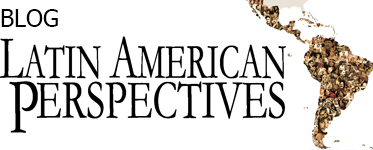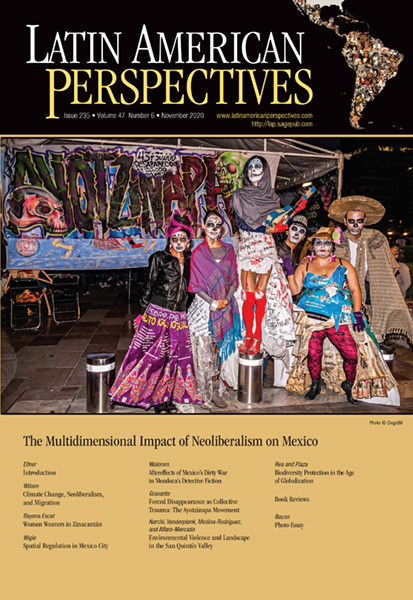The Social Welfare Policies in Brazil under COVID-19
By Ingrid Rafaele Rodrigues Leiria* Overview of Brazilian Case | November 13, 2020 At the beginning of 2020, Brazil and the world were surprised by the presence of a new virus, the SARS-CoV-2, known as COVID-19. By the first half of 2020, the virus had led to the infection of millions of people and the death of thousands worldwide. COVID-19 is easily transmitted, therefore a need for high prevention, frequent hand hygiene, and the use of facial masks by the population (WHO, 2020). However, when we look at the Brazilian case, there is a lot of social-economic problems that may restrict virus prevention and allow it to scatter among people even quickly. Economic inequality can be translated into an inequality in access to water and sanitation, increasing risks of disease transmission (UNESCO, UN-Water, 2020). Worldwide in 2019, 26.1 percent of the global population, did not have access to handwashing with available soap and clean water (Brauer et at., 2020). In 2018, around 32 percent of Brazilians households did not have access to basic sanitation treatment and 6.8 percent of the population with 15-year-old or up were illiterate. In urban parts of Brazil due to an accelerated and not [...]



